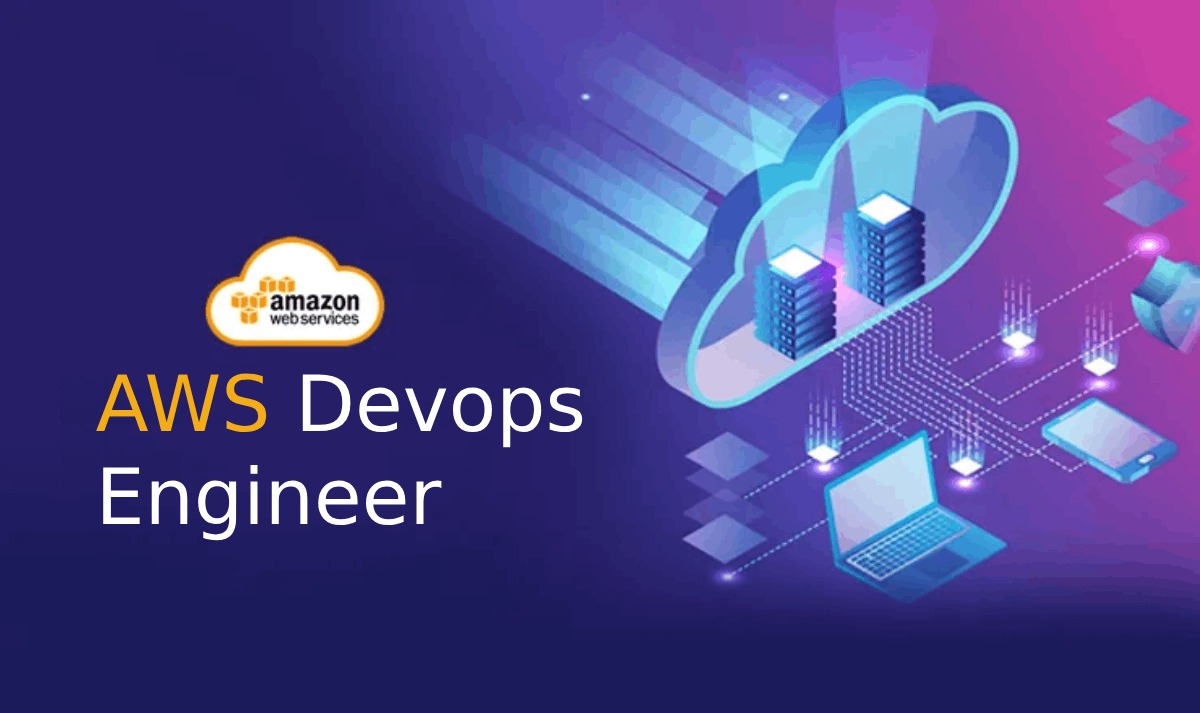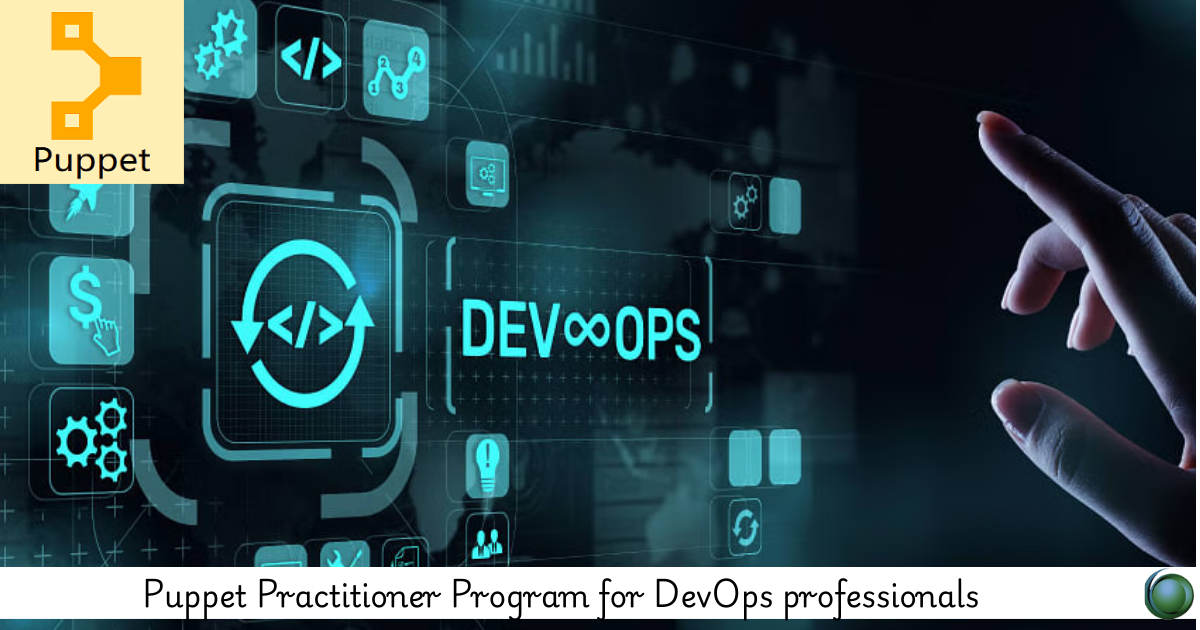Description
Introduction of DataOps for Agile Data Management
DataOps (Data Operations) combines data engineering, DevOps practices, and agile methodologies to streamline data management and accelerate data-driven decision-making. By focusing on collaboration, automation, and integration, DataOps allows organizations to deliver high-quality data quickly, efficiently, and securely. This course focuses on best practices for implementing DataOps, offering practical insights for optimizing data workflows, improving team collaboration, and ensuring that data pipelines meet the demands of modern analytics and business needs.
Prerequisites of DataOps for Agile Data Management
Participants should have:
- A foundational understanding of data management, including data pipelines, ETL processes, and data warehousing.
- Familiarity with agile methodologies and DevOps practices.
- Experience with cloud platforms, version control systems (e.g., Git), and programming languages such as Python or SQL is helpful.
- Basic knowledge of data quality, governance, and security concepts.
Table of Contents
- Introduction to DataOps
1.1 What is DataOps?
1.2 Core Principles of DataOps
1.3 The Importance of DataOps in Data-Driven Organizations - Building Agile Data Pipelines
2.1 Design Principles for Scalable Pipelines
2.2 Automating Data Flow from Source to Destination
2.3 Real-Time vs Batch Processing - Automation in DataOps
3.1 Automating Data Ingestion and Transformation
3.2 Continuous Integration and Continuous Deployment (CI/CD) for Data
3.3 Error Handling and Retry Logic - Collaboration and Cross-Functional Teams
4.1 Encouraging Collaboration Between Data and DevOps Teams
4.2 Agile Methodologies in DataOps
4.3 Effective Communication Practices - Data Quality and Governance in DataOps
5.1 Establishing Data Quality Standards
5.2 Implementing Data Validation and Testing
5.3 Data Governance in an Agile Environment - Monitoring and Metrics
6.1 Key Performance Indicators (KPIs) for DataOps
6.2 Monitoring Data Pipeline Performance
6.3 Real-Time Data Monitoring and Alerts(Ref: DataOps Fundamentals: Streamlining Data Engineering and Operations ) - Security in DataOps
7.1 Securing Data Pipelines and Infrastructure
7.2 Data Privacy and Compliance (GDPR, HIPAA)
7.3 Security Best Practices for Data Engineers - Tools and Technologies for DataOps
8.1 Overview of Popular DataOps Tools (e.g., Apache Airflow, Jenkins, Docker)
8.2 Leveraging Cloud Platforms for DataOps (AWS, Azure, GCP)
8.3 Integrating DataOps Tools with CI/CD Pipelines - Case Studies and Industry Applications
9.1 Success Stories in Implementing DataOps
9.2 Industry-Specific DataOps Applications (Healthcare, Finance, Retail)
9.3 Challenges and Solutions in DataOps Implementation - Future Trends in DataOps
10.1 AI and Machine Learning in DataOps
10.2 The Evolution of Real-Time Data Processing
10.3 The Growing Role of Automation and Self-Service Data
Conclusion
Implementing DataOps practices can dramatically enhance the agility, efficiency, and effectiveness of data management in an organization. By automating workflows, improving collaboration, and ensuring high-quality data delivery, businesses can streamline their data processes, support data-driven decision-making, and better meet the demands of modern analytics. Through this course, you will learn the best practices for building and maintaining data pipelines that meet the needs of both technical teams and business stakeholders. As DataOps continues to evolve, staying up-to-date with tools and methodologies will help you stay competitive in the rapidly changing data landscape.







Reviews
There are no reviews yet.